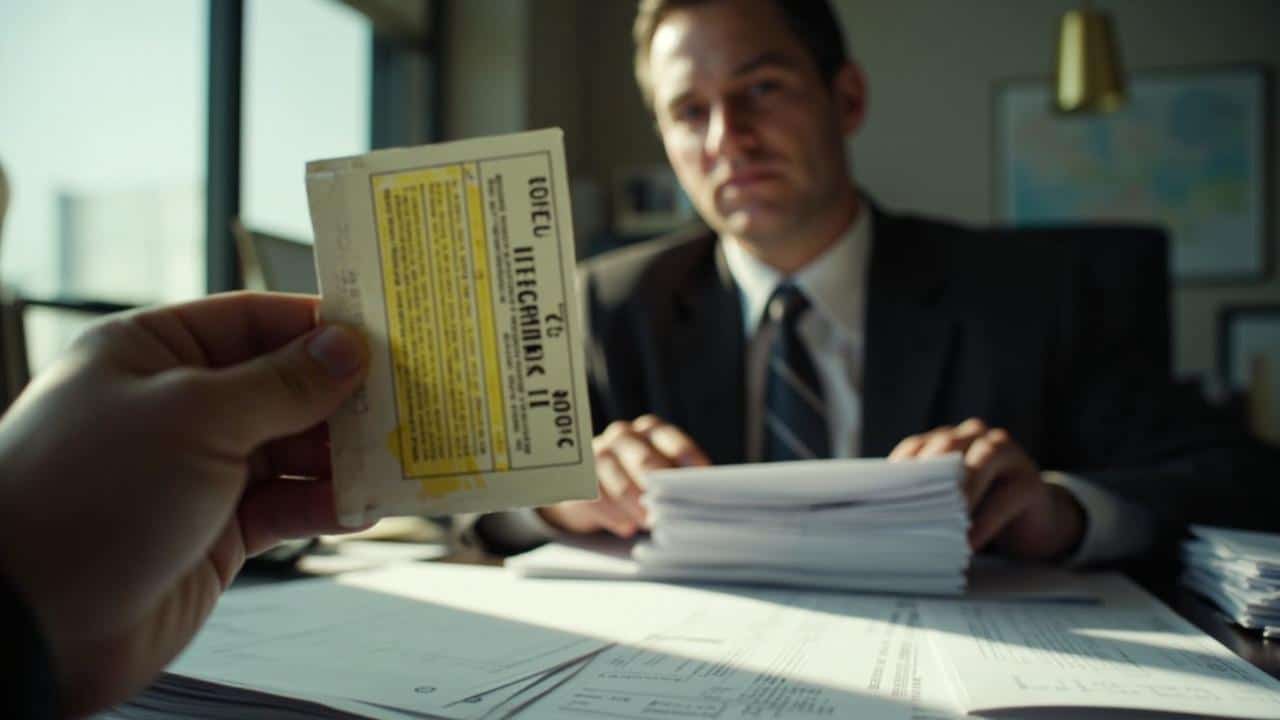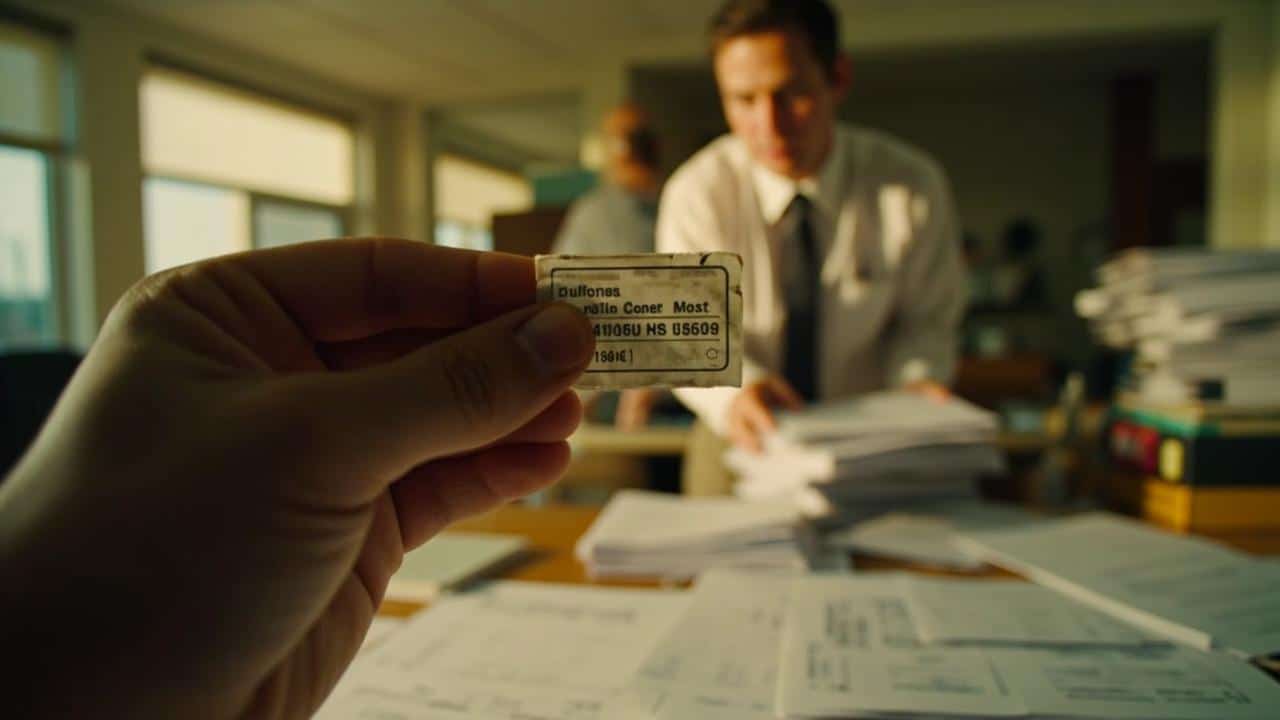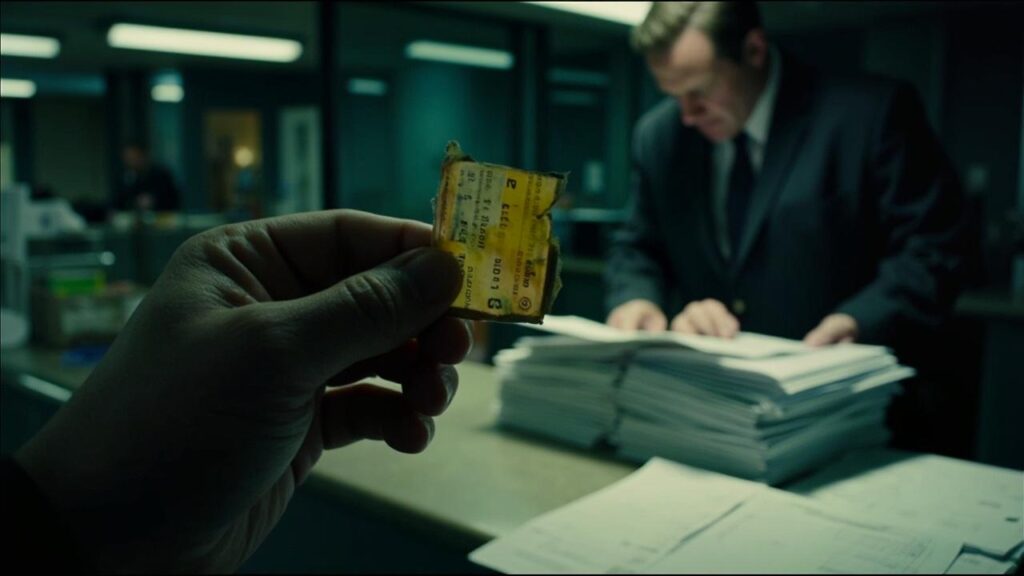Introduction
Staring at that expired registration sticker, many Californians wonder, “Can I sell car with expired reg?” The good news is, in many situations, the answer is yes. You’re not necessarily stuck with a vehicle just because its registration has lapsed. While driving with expired tags can land you in hot water, selling a car with expired registration in California is a different matter altogether.
This article aims to provide clear guidance on navigating the process of selling a car with expired registration in the Golden State. We’ll explore the legal considerations, potential roadblocks, and the best avenues for getting cash for your vehicle, even with those outdated stickers. Think of this as your roadmap to understanding your options.
Specifically, we’ll touch upon California-specific regulations that govern vehicle registration and sales. We’ll delve into the differences between selling to a private party versus a dealership or salvage yard. Ultimately, our goal is to empower you to make an informed decision and find the most suitable solution for your situation, ensuring a smooth and hassle-free experience.
The Legality Lowdown
California law requires all vehicles operated on public roads to have current and valid registration. However, there’s a significant difference between *driving* a car with expired registration and *selling* one. The California Vehicle Code outlines the regulations for vehicle operation, and driving with expired registration can result in fines and penalties. California Vehicle Code also stipulates the requirements to legally *sell* a vehicle.
While it’s illegal to drive a car with expired registration on public roads, selling a car with expired registration is a different matter. The legality hinges on the transfer of ownership and the buyer’s awareness of the registration status. There are some specific circumstances where transferring a vehicle that has outstanding fees or expired registration may not be allowed, but generally you can still sell car with expired reg.
It’s crucial to remember that this information is for general guidance only and does not constitute legal advice. Laws and regulations can change, and specific situations may require interpretation by a legal professional. If you have any specific concerns, consulting with an attorney or the California DMV is always recommended. The aim here is to equip you with knowledge so that you know the right questions to ask to protect yourself during this process.
Selling to a Private Party
Selling your car to another individual might seem like a straightforward way to get cash, but when you plan to sell car with expired reg, prepare for some hurdles. Private buyers often hesitate when faced with expired registration because it adds immediate costs and responsibilities to their purchase. They will be responsible for bringing the registration current, which includes paying back fees, penalties, and the current registration fee. This can be a significant deterrent.
Transparency is paramount in this situation. You must disclose the expired registration upfront. Trying to hide it will not only damage your credibility but could also lead to legal complications down the road. Be prepared to answer questions about how long the registration has been expired and why it wasn’t renewed. Honesty builds trust, even if it means a lower selling price.
Here are some key considerations when selling to a private party:
Remember, even if the registration is expired, you still need to provide a valid title to the buyer. The title proves ownership and is essential for the buyer to register the vehicle in their name once they bring the registration current. The buyer is ultimately responsible for renewing the registration after the sale.
The as-Is Sale
In California, an “as-is” sale signifies that the buyer accepts the vehicle in its current condition, with all its existing faults and imperfections. This is particularly relevant when you sell car with expired reg, as it clearly outlines that you, as the seller, are not making any guarantees or warranties about the car’s condition or its ability to pass inspection or registration requirements.
It’s a straightforward declaration that what the buyer sees is what they get, and any issues that arise after the sale are solely the buyer’s responsibility.
Because of the nature of the sale, a comprehensive, written agreement, such as a Bill of Sale, is vital. This document should meticulously detail the “as-is” condition of the vehicle, explicitly stating that the car is being sold with expired registration (if applicable), and that the buyer is responsible for all subsequent repairs, registration updates, and any other associated costs.
This agreement serves as a protective measure for both parties, clearly outlining the terms of the transaction and mitigating potential disputes down the road.
To further protect yourself from future claims after the sale, it is advisable to:
By taking these steps, you create a solid record of the transaction and minimize the risk of being held liable for any issues that may arise after the car changes hands.
Sell Car With Expired Reg
Dealerships and salvage yards often present a more straightforward path when you want to sell car with expired reg compared to navigating the private market. These businesses are typically better equipped to handle the nuances of expired registrations and often view the car as a potential source of profit, even if it needs some work or is destined for parts.
This can translate to a faster and less stressful selling experience for you. Instead of fielding calls from individual buyers and haggling over price and registration issues, you can often get a quick offer and complete the transaction in a single visit.
Finding a reputable dealership or salvage yard in California that specifically buys cars with expired registration is key. Do your research online, read reviews, and call around to get quotes from multiple places. Be upfront about the expired registration and any other known issues with the vehicle.

This transparency will help ensure you receive a fair offer and avoid any surprises during the sale process. Keep in mind that some establishments specialize in purchasing vehicles in various conditions, including those with registration problems, so targeting your search can yield better results.
While the price offered by a dealership or salvage yard will likely be lower than what you might get from a private buyer, it’s important to weigh the convenience and guarantee of a sale against the potential for a higher payout. The reduced hassle and quicker turnaround time can be particularly appealing if you need to get rid of the car quickly or simply want to avoid the complexities of selling it yourself.
The price difference reflects the costs and risks these businesses assume when buying a vehicle with outstanding issues, but the certainty they offer can be well worth it.
| Factor | Dealership/Salvage Yard | Private Sale |
|---|---|---|
| Price | Lower | Potentially Higher |
| Convenience | High | Lower |
| Speed | Fast | Slower |
| Hassle | Less | More |
Title Transfer and Release of Liability
Once you’ve successfully navigated the sale of your vehicle, especially if you needed to sell car with expired reg, the process isn’t quite over. A couple of crucial steps remain to protect yourself from future liabilities associated with the vehicle.
These involve the formal transfer of the vehicle’s title and, more importantly, notifying the California Department of Motor Vehicles (DMV) that you are no longer the owner. Neglecting these steps can lead to unwanted headaches down the road.
The first step is the title transfer. As the seller, you are responsible for properly signing over the title to the buyer. This usually involves filling out the relevant sections on the title itself, including the buyer’s information, the sale date, and the odometer reading.
Make sure to double-check all the information for accuracy before signing and providing the title to the buyer. It is recommended to keep a copy of the signed title for your records. The buyer will then take the title to the DMV to officially register the vehicle in their name.
Perhaps even more critical than the title transfer is filing a Notice of Transfer and Release of Liability with the California DMV. This crucial document officially informs the DMV that you have sold the vehicle and are no longer responsible for it. You can typically complete this process online through the DMV’s website, or by submitting a physical form by mail.
This action releases you from any future liability related to the vehicle, such as parking tickets, accidents, or other incidents involving the car after the date of sale. It’s imperative to complete this step immediately after the sale to safeguard your interests. Delaying this process could result in you being held accountable for actions taken by the new owner.
What About Back Registration Fees and Penalties?
California doesn’t just let expired registrations slide without consequence. When a vehicle’s registration lapses, the state tacks on back registration fees and penalties. These charges accumulate over time and can become quite substantial, especially if the registration has been expired for a significant period. Understanding how these fees work and who is responsible for them is crucial when you plan to sell car with expired reg.
Understanding Back Fees and Penalties
Back registration fees are simply the unpaid registration fees from previous years when the vehicle was not registered. Penalties are additional charges levied on top of the back fees as a consequence of not renewing the registration on time. The exact amount of these fees and penalties depends on factors such as the vehicle’s value, weight, and how long the registration has been expired.
You can usually get an estimate of these fees by contacting the California DMV or using their online vehicle registration fee calculator. It’s important to obtain this information before attempting to sell your car so you have transparency on what to expect during the transaction.
Buyer vs. Seller Responsibility
Typically, the buyer is responsible for paying the back registration fees and penalties when they register the vehicle in their name. However, this is where negotiation comes into play. In some cases, especially when selling to a private party, the buyer may expect the seller to reduce the selling price to compensate for the back fees they will have to pay.
This is a point of negotiation, and the outcome will depend on the condition of the vehicle, its market value, and the eagerness of both parties to complete the sale. Dealerships and salvage yards will almost always factor the cost of back fees into their offer.
Impact on Sale Price and Vehicle Value
Back fees significantly impact the overall sale price. If the back fees are relatively low, they might not drastically affect the car’s value. However, if the fees are excessive-perhaps several hundred or even thousands of dollars-the car might be worth less than the cost of bringing the registration current.
In such cases, your options might be limited to selling to a salvage yard, donating the vehicle, or paying the fees yourself before selling (which may not be financially viable). Be realistic about your car’s worth considering these factors.
Alternatives
Donating your car can be a viable alternative to selling, especially if your registration is expired, and you’re facing challenges finding a buyer or are daunted by the associated fees. Several charitable organizations throughout California accept vehicle donations, providing you with a way to get rid of your car while supporting a cause you care about.

Furthermore, donating can offer significant tax benefits, potentially offsetting some of the financial losses you might incur by not selling the car for cash.
Tax Benefits of Car Donation
When you donate a vehicle to a qualified 501(c)(3) nonprofit organization, you can typically deduct the fair market value of the car from your taxes. This is where it can become a beneficial decision to donate. For instance, you may sell car with expired reg to a junkyard for only a small amount. However, the fair market value is usually significantly more than a junkyard would pay.
If the charity sells the car for more than $500, you can deduct the actual sale price. If they use it for charitable purposes or sell it for $500 or less, you can usually deduct the fair market value up to $500. Make sure to get a receipt from the charity and keep detailed records to support your deduction when filing your taxes.
Finding Reputable Car Donation Programs
It’s crucial to research and select a reputable car donation program to ensure that your donation is used effectively and that you receive the correct documentation for tax purposes. Look for organizations that are transparent about how they use the proceeds from vehicle donations. Check their rating with charity watchdog groups like Charity Navigator or the Better Business Bureau.
Be wary of programs that promise unrealistically high tax deductions or use high-pressure tactics. A good program will provide you with all the necessary paperwork, including a donation receipt and any additional forms required by the IRS. In California, some charities even handle the title transfer and registration paperwork, easing the burden on you.
Conclusion
Navigating the sale of a vehicle with expired registration in California requires careful consideration of all available paths. As we’ve explored, various avenues exist, each presenting its own set of advantages and disadvantages. Selling to a private party might yield a higher return, but demands transparency and acceptance of a potentially lower offer due to the registration status.
An “as-is” sale offers a direct approach but necessitates clear documentation to protect yourself from future liabilities. Donation provides an altruistic option with potential tax benefits.
Perhaps the most straightforward route, especially when seeking a quick and uncomplicated transaction, is to sell car with expired reg to a dealership or salvage yard. While the price offered may not match that of a private sale, the convenience and assurance of a completed transaction often outweigh the difference.
Regardless of your chosen path, remember to prioritize proper title transfer and the crucial filing of a Notice of Transfer and Release of Liability with the DMV. Failing to do so can leave you responsible for the vehicle’s future parking tickets or worse.
Ultimately, the best course of action depends on your individual circumstances, time constraints, and risk tolerance. Carefully weigh your options, gather quotes from multiple sources, and don’t hesitate to seek professional guidance. Whether it’s consulting with a legal professional to understand your rights and obligations, or contacting a local dealership or salvage yard for a concrete offer, informed decision-making is key to a successful and stress-free sale.
Frequently Asked Questions
Can I legally sell a car with expired registration?
Whether you can legally sell a car with expired registration depends heavily on the specific laws of your state. Some states allow it, requiring only a bill of sale and title transfer.
Other states may require the registration to be current at the time of sale to ensure proper documentation and tax collection. It’s crucial to check your local Department of Motor Vehicles regulations or consult with a legal professional in your area to determine the legality.
What are the potential penalties for selling a car with expired registration?
Penalties for selling a car with expired registration can vary significantly. You might face fines assessed by the state, potentially ranging from a few dollars to several hundred.
Additionally, there could be legal repercussions if the buyer experiences issues registering the vehicle due to the expired registration. In some cases, you could be held liable for any costs incurred by the buyer in resolving the registration problems.
Do I need to renew the registration before selling my car, even if it’s expired?
While it may seem like an extra step, renewing the registration before selling, even if it’s expired, could streamline the sale process and prevent potential issues. Renewing ensures the paperwork is in order and avoids complications for the buyer when they try to register the vehicle in their name.
It demonstrates good faith and can make the sale smoother and more appealing to potential buyers.
Will a buyer be able to register a car I sell them with expired registration?
A buyer’s ability to register a car with expired registration will depend on the specific rules of their state’s DMV. Some states might allow it, requiring the buyer to pay back registration fees and penalties.
However, other states may require the seller to renew the registration before the title can be transferred to the buyer. It’s wise for the buyer to check with their local DMV to understand the requirements.
What paperwork do I need to sell a car with expired registration?
The paperwork required to sell a car with expired registration usually includes the vehicle’s title, properly signed over to the buyer. You’ll likely need a bill of sale, which documents the sale details, including the date, price, and both parties’ information.
Some states require a release of liability form, notifying the DMV that you’re no longer responsible for the vehicle. Additional forms may be necessary depending on your state’s specific regulations.
